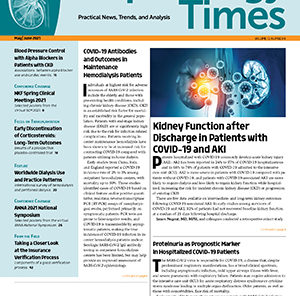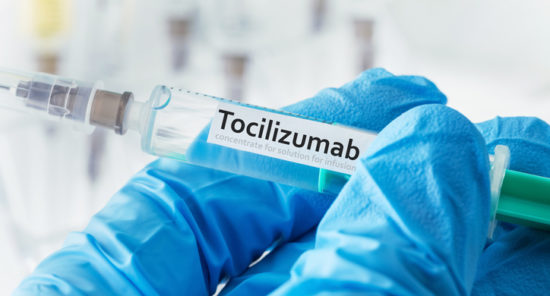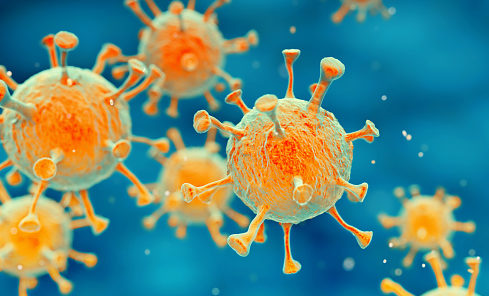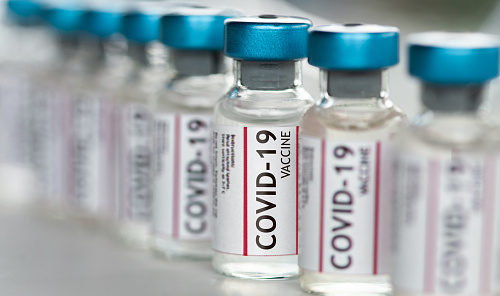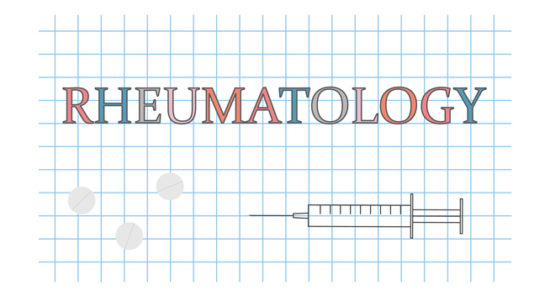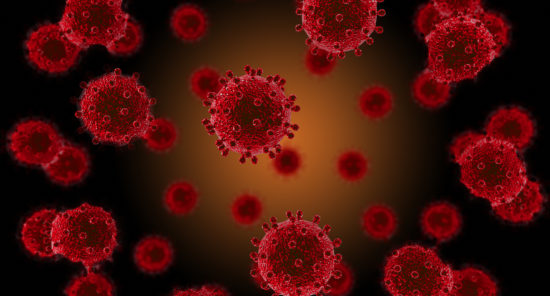In this edition, read about coffee and colorectal cancer (CRC) progression, COVID-19 viral load in cancer patients, racial disparities in cancer screening interventions as well as clinical trials, outcomes for smokers who undergo surgery for bladder cancer, and more.
Drinking coffee may reduce the risk of disease progression and mortality in patients with advanced or metastatic CRC, according to a new study conducted by researchers from the Dana-Farber Cancer Institute.
For cancer patients hospitalized with SARS-CoV-2 (COVID-19), higher viral load is linked to a greater risk of death, according to a study published in the journal Cell.
A recent systematic review and meta-analysis published in PLOS ONE investigating the literature on increasing CRC screening among black men and came up somewhat empty: there are not enough available data to help increase CRC screening in black men.
Delays and cancellation of cancer treatments and other safety measures undertaken to mitigate the risk of COVID-19 exposure have created a significant backlog in cancer care and research, according to new studies discussed at the ESMO Virtual Congress 2020.
Black patients remain underrepresented in cancer clinical trials, and a recent study sought to determine whether black and white men feel differently about participating in cancer clinical trials.
Bladder cancer patients who smoke have worse outcomes following radical cystectomy, according to a study published in The Journal of Urology.
A study evaluated the effect of adjuvant chemotherapy on overall survival in pancreatic cancer patients following resection and neoadjuvant combination treatment with folinic acid, fluorouracil, irinotecan, and oxaliplatin. Improved overall survival was observed, but only for a certain group: patients with pathology-proven node-positive disease.
Older adults who survive breast cancer and continue long-term opioid use are at an increased risk for serious adverse drug events, a study cautioned.
Blacks and Hispanics have a significantly higher risk of developing precancerous colorectal polyps compared to whites, according to a study published in Alimentary Pharmacology and Therapeutics.
Credit: Original article published here.


